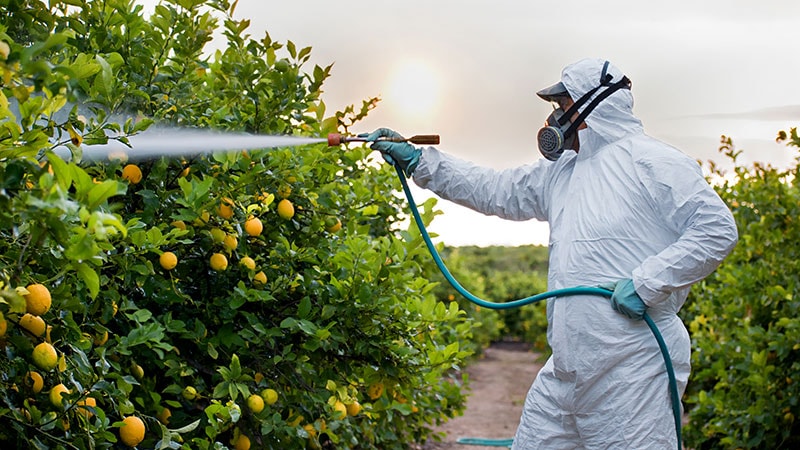Exposure to Banned and Current Pesticides Linked to Increased Risk of Pancreatic Cancer in France
The content discusses two French studies that explored the link between pesticide exposure and the risk of pancreatic cancer.
The first study, EcoPESTIPAC, was a national ecological regression analysis that divided France into 5,529 spatial units. It found an increased risk of pancreatic cancer associated with the cumulative quantity of pesticides used, as well as three specific substances: sulfur in spray form, mancozeb, and glyphosate. A dose-response relationship was observed, where a 2.5 kg/hectare increase in pesticide use over 11 years was linked to a 0.5% increase in pancreatic cancer risk.
The second study, PESTIPAC, was a case-control study conducted at Reims University Hospital. It found an association between the presence of four banned organochlorine pesticides (4,4-DDE, mirex or perchlordecone, trans-nonachlor, and cis-nonachlor) in adipose tissue and an increased risk of pancreatic cancer. The study also noted widespread contamination of these banned substances in both the cancer patients and the control group.
The content highlights that while the associations between pesticide exposure and pancreatic cancer risk are robust, the underlying mechanisms are still poorly understood. Further large-scale studies are needed to confirm these findings and better evaluate the general population's exposure to both banned and currently used pesticides.
Customize Summary
Rewrite with AI
Generate Citations
Translate Source
To Another Language
Generate MindMap
from source content
Visit Source
www.medscape.com
Certain Pesticides Linked With Risk for Pancreatic Cancer
Key Insights Distilled From
by Vincent Rich... at www.medscape.com 04-03-2024
https://www.medscape.com/viewarticle/certain-pesticides-linked-risk-pancreatic-cancer-2024a100069f
Deeper Inquiries
